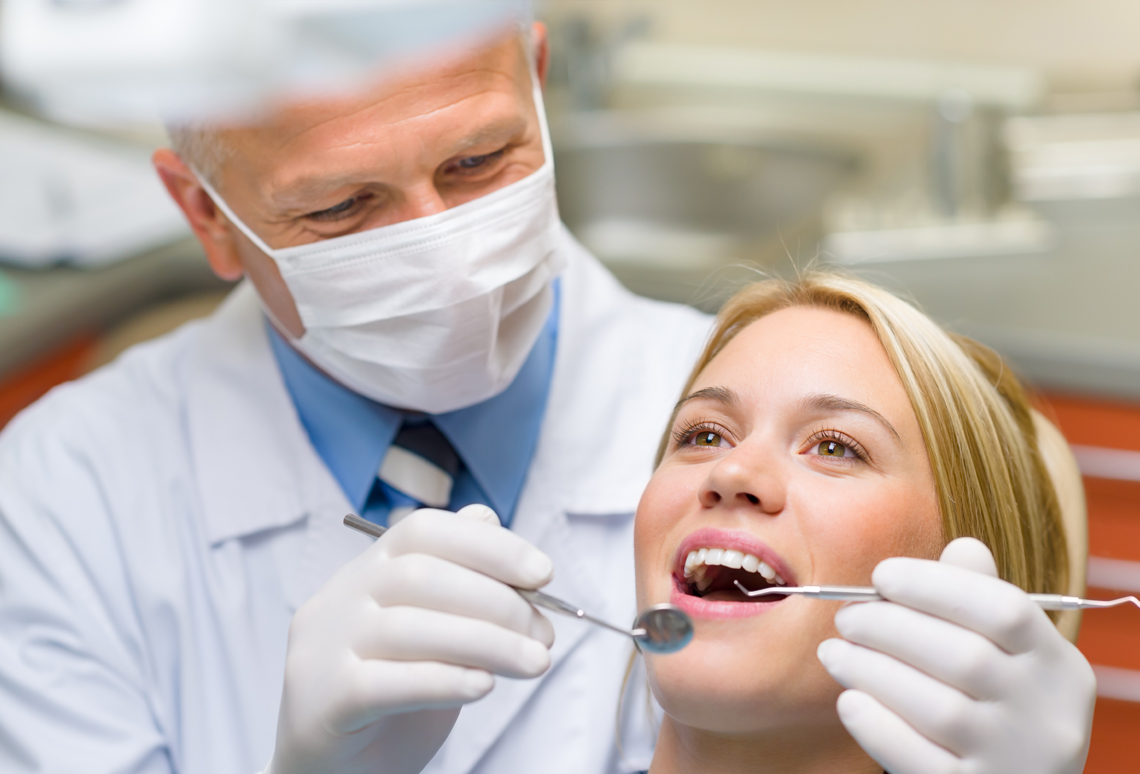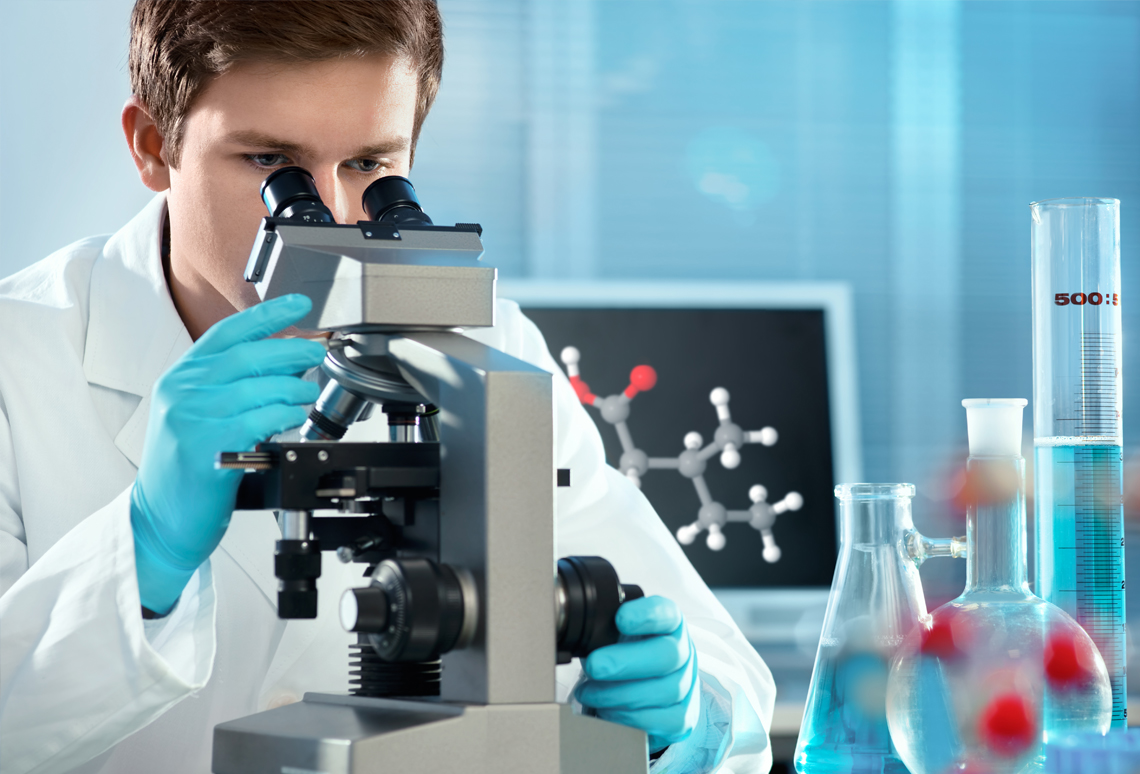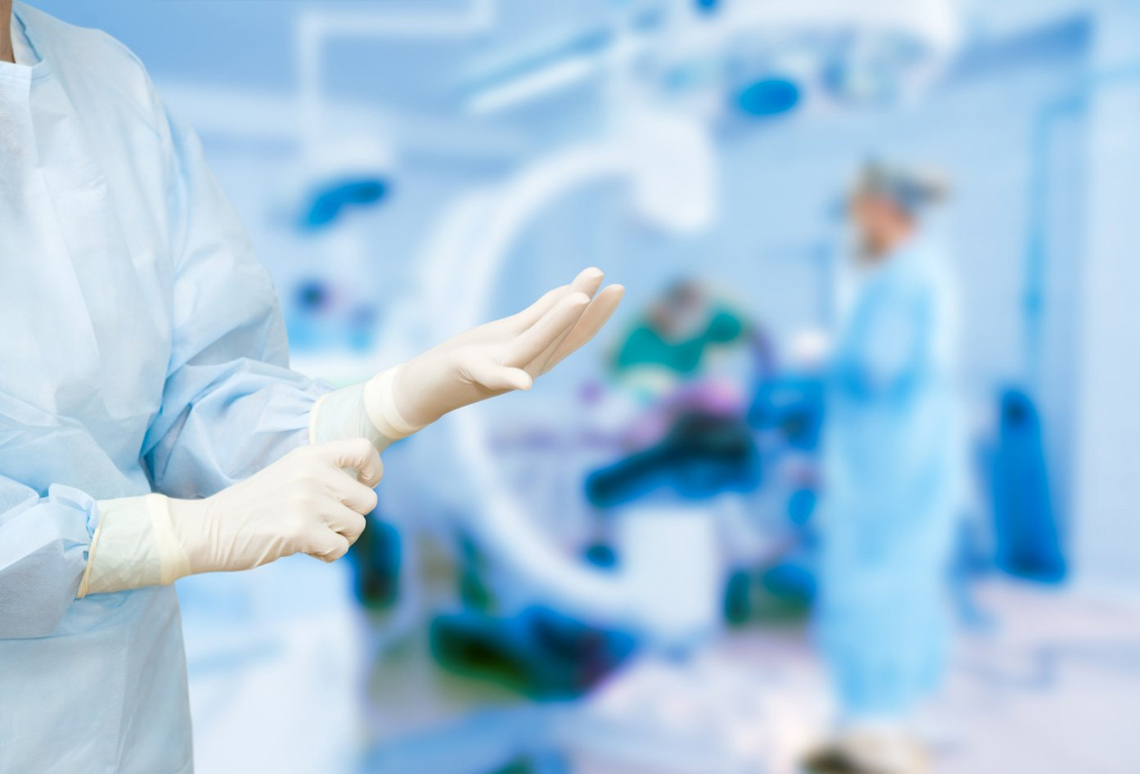Ulcerative Colitis and Crohn’s Disease
Ulcerative Colitis and Crohn’s disease are two autoimmune conditions under the umbrella of Irritable Bowel Diseases (IBD). There are small but distinct differences in the two disease which are often misunderstood. Ulcerative Colitis (UC) is localized tissue damage in the colon, where Crohn’s disease can be anywhere in the GI tract from the mouth to the anus. There are some subtle differences in symptoms of Crohn’s disease and UC. In Crohn’s disease rectal bleeding is less common, whereas in UC, bleeding from the rectum is much more common as well as mucus and blood in the stools. In UC, inflammation occurs only in the inner lining of the bowel wall- the mucosa, but in Crohn’s disease, this can go all the way through the bowel wall to the digestive tract.
Symptoms of Crohn’s and UC
Symptoms of Crohn’s disease and UC present quite similarly. Differences in severity and number of symptoms differ from person to person and include the following:
- Abdominal pain
- Diarrhea
- Nausea
- Vomiting
- Loss of appetite
- Weight loss
- Fever
- Fatigue
- Mucous and blood in stools
A Functional Medicine Approach
While conventional medicine aims to contain the disease, functional medicine aims to heal the disease. This means the immune system needs to be calmed down by decreasing inflammation, improving detoxification pathways, healing the gut and correcting nutrient deficiencies. Here is an overview of what truly healing these conditions likely entails.
- Healing the Gut with Food
While there are many ideas of how to heal the gut with food, higher level diet interventions are often utilized for IBD in order to rest and heal the gut quickly since symptoms can be quite severe. The type of diet that works best depends on your ability to digest and absorb minerals, bacteria, fat, fiber and certain types of carbohydrates.
- Quality Supplementation
Supplement plans need to be customized to your specific needs, but supplement strategies commonly used for these conditions are: probiotics, slippery elm, calendula, L-glutamine, IV vitamin/mineral or amino acid support, omega 3 fatty acids, and enzyme support.
- Reduce Stress
Stress a well known contributor to IBD, often triggering diarrhea and poor absorption. Stress is an inevitable part of life, but being aware of how physically taxing emotional and mental stress can help the healing process. Those in acute phases of IBD should consider lightening their social calendar, getting help around the house, allowing space for relaxation, meditation and mindfulness. Managing stress cannot just be wishful thinking when trying to heal from IBD, it must be an integral part of the healing protocol. Stress drives too much of gut and immune dysregulation to be considered optional. For some, this may require utilizing a life coach, mentor, pastor, or licenced professional counselor.
By working with a functional medicine practitioner who can determine the personalize protocol to heal your digestive disorder rather than just cover up/manage symptoms you can potentially reverse these diseases. Don’t miss your opportunity to truly heal.




